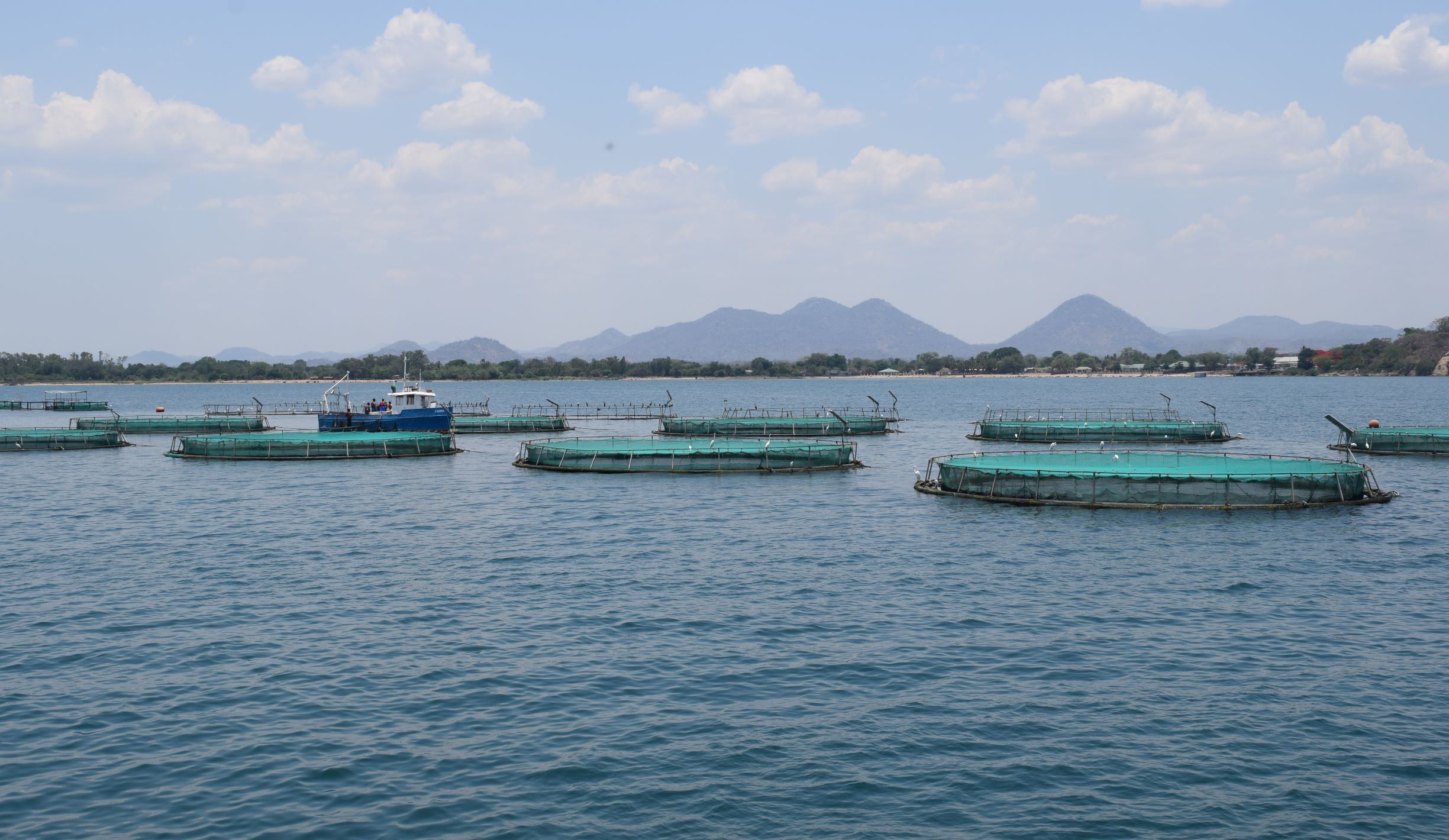Rural people, wildlifeat high risk of anthrax
Public health and animal experts have said the anthrax outbreak in neighbouring Zambia poses a bigger threat to people in rural settings and those living near wildlife reserves due to their proximity to animals.
In an interview yesterday, Kamuzu University of Health Sciences professor of public health Adamson Muula said the outbreak can, however, be controlled and is curable, but said there is need for more sensitisation.

He said: “The other thing is that anthrax is different from other diseases. It affects more people in rural areas such as farmers or those coming into contact with carcasses, or those working in wildlife areas.”
Muula stressed the need for preparations on the part of the Ministry of Health and health facilities, saying the best option is to intensify sensitisation so that it does not get into the country.
“Public awareness across the country on the symptoms is key and telling people to seek medical help. Anthrax is not as lethal and has got treatment,” he said.
In a separate interview yesterday, Department of Animal Health and Livestock Development director Julius Chulu said the One Health Committee is currently in discussion on the matter, but Malawi was safe from anthrax.
“For Zambia, anthrax is endemic. Almost every year they experience an anthrax outbreak. Unless somebody travels to that place, they can contract the disease. For now, there is no need for panic,” he said.
According to Chulu, the closest place to Malawi where such cases occur is Lundazi which has recorded two cases only, according to the Ministry of Health in Zambia.
The World health Organisation (WHO) describes anthrax as a disease of herbivorous animals that causes severe infection in humans as a result of contact with contaminated products or animals.
In a statement on Friday, Secretary for Health Dr. Samson Mndolo said government will continue working with the Africa Centre for Disease and Control, WHO and the Zambian Government in monitoring the situation.
Zambia has so far recorded 335 cases and four deaths,
Between 2018 and 2019, at least 48 hippopotamuses died from anthrax in Liwonde National Park.
According to WHO, anthrax is transmitted to people who come in contact with infected animals or contaminated animal products and contact with anthrax can cause severe illness in both humans and animals.





